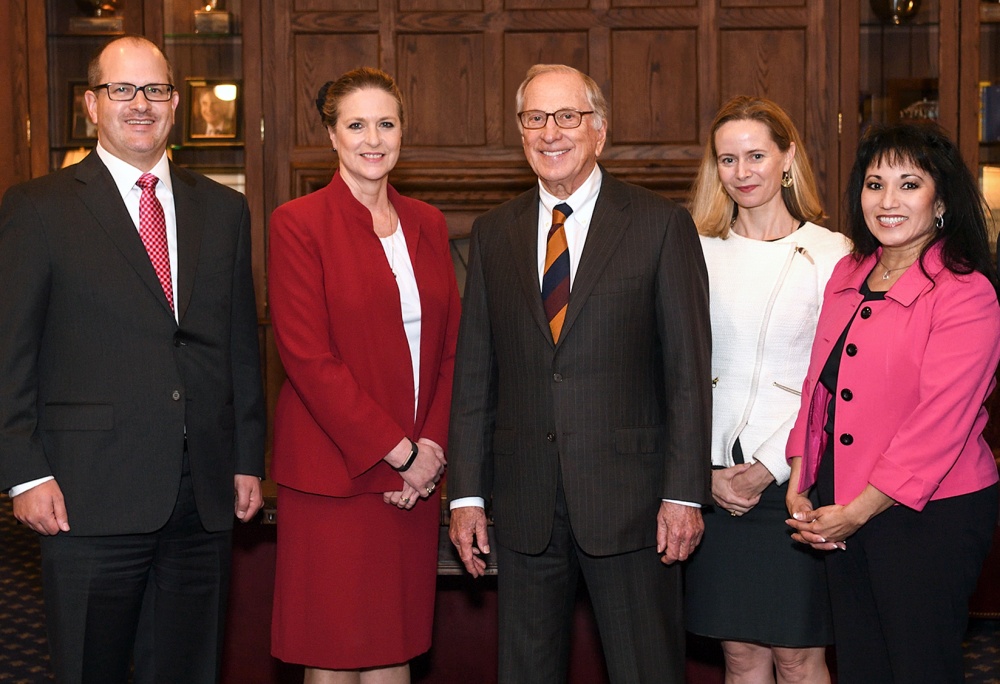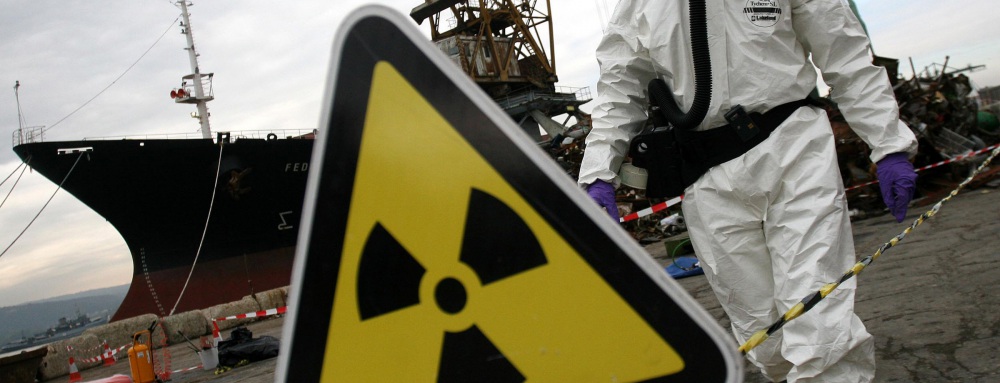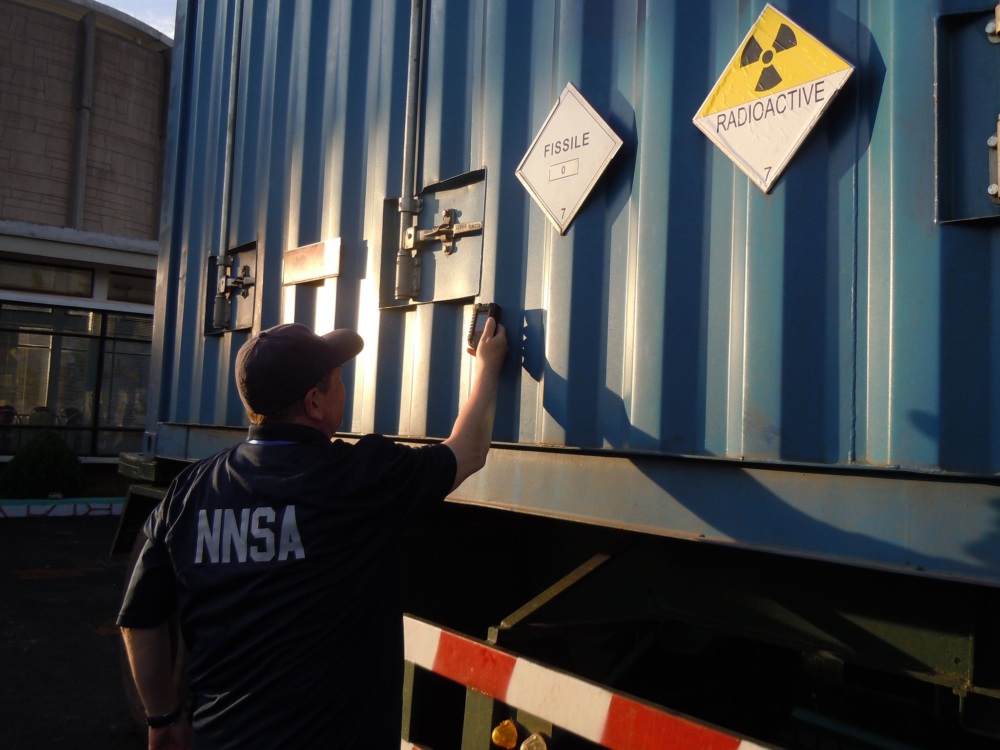Replacing Cesium-137 Irradiators: Leaders Taking Steps
Part of Preventing a Dirty Bomb: Radiological Security for Hospitals and Research Centers

Decision makers in the United States and across the world are taking steps to eliminate the risk of dirty bombs through cesium-137 irradiator replacement.
New York
In October 2017, the New York City Department of Health and Mental Hygiene announced a first-of-its-kind, innovative program to replace high-activity radioactive sources with effective alternative equipment at hospitals, medical facilities and blood banks throughout New York City. NTI was a partner in this effort that also included the New York City Department of Health and Mental Hygiene, Mount Sinai Health System and the U.S. Department of Energy.
As of January 2018, Mount Sinai Medical Center disposed of its last two cesium-137 irradiators. After replacing both their research and blood irradiators with x-ray technology, Mount Sinai Health System reports that their transition has been very successful. In addition to the security upgrade, the x-ray blood irradiators have been superior in capability to the aging cesium-137 counterparts. The new irradiators take less than five minutes to irradiate six blood bags, while the cesium-137 machines would take up to 12 minutes to irradiate four bags. Read this short letter from Dr. Jacob Kamen, Chief Radiation and Laser Safety Officer at Mount Sinai Medical Center, to understand why his institution made the switch to x-ray technology. A full case study report is available here, along with a 14-minute presentation below.
California
NTI has helped organize workshops with the State of California to devise strategies to secure and/or replace high-activity radioactive sources that could be stolen and used to build radioactive “dirty bombs.” The hour-long video from the first event with technical experts can be viewed below. You can read more about California’s efforts to reduce radiological threats in this summary report by NTI experts. The recommendations from the University of California Systemwide Radioactive Source Replacement Workgroup can be found here.
Atlanta
Emory University Hospital received the “Medical Innovation Award” at the 2016 Nuclear Industry Summit for its efforts to help reduce radiological threats through the purchase of an FDA-approved alternative device for blood irradiation. NTI has worked closely with Emory University Hospital and leaders in Atlanta to encourage ways to reduce radiological risks, most recently hosting a workshop with local institutions and hospitals, representatives from the Centers for Disease Control and Prevention (CDC), the National Nuclear Security Administration (NNSA), and the Federal Bureau of Investigation (FBI). Participants discussed action plans and steps that could be taken to eliminate threats.
International
International interest in, and support for, replacing high-activity radioactive sources has been
increasing over the past several years, in part due to the Nuclear Security Summit process that began in 2010. Several countries have already taken steps to phase out the use of cesium in blood irradiators in
their countries including France, Norway, and Japan. Read case studies about these countries here.
Click here to return to the Preventing a Dirty Bomb resources page.
Explore the Collection
Replacing Cesium-137 Irradiators: Alternative and Emerging Technology
Replacing Cesium-137 Irradiators: Lifecycle Cost and Liability Considerations
Replacing Cesium-137 Research Irradiators
Preventing a Dirty Bomb: Case Studies and Lessons Learned
Your are currently on
Replacing Cesium-137 Irradiators: Leaders Taking Steps
Stay Informed
Sign up for our newsletter to get the latest on nuclear and biological threats.

The 2023 NTI Nuclear Security Index
“The bottom line is that the countries and areas with the greatest responsibility for protecting the world from a catastrophic act of nuclear terrorism are derelict in their duty,” the 2023 NTI Index reports.

Tutorial on Nuclear and Radiological Security
Nuclear and radiological security aims to ensure nuclear and other radioactive materials are secure from unauthorized access and theft, and that nuclear facilities are secure from sabotage.

Nuclear Materials Security Education Module
A tool kit to support undergraduate or graduate courses in international relations, security studies, diplomacy, counterterrorism, or nuclear sciences.
